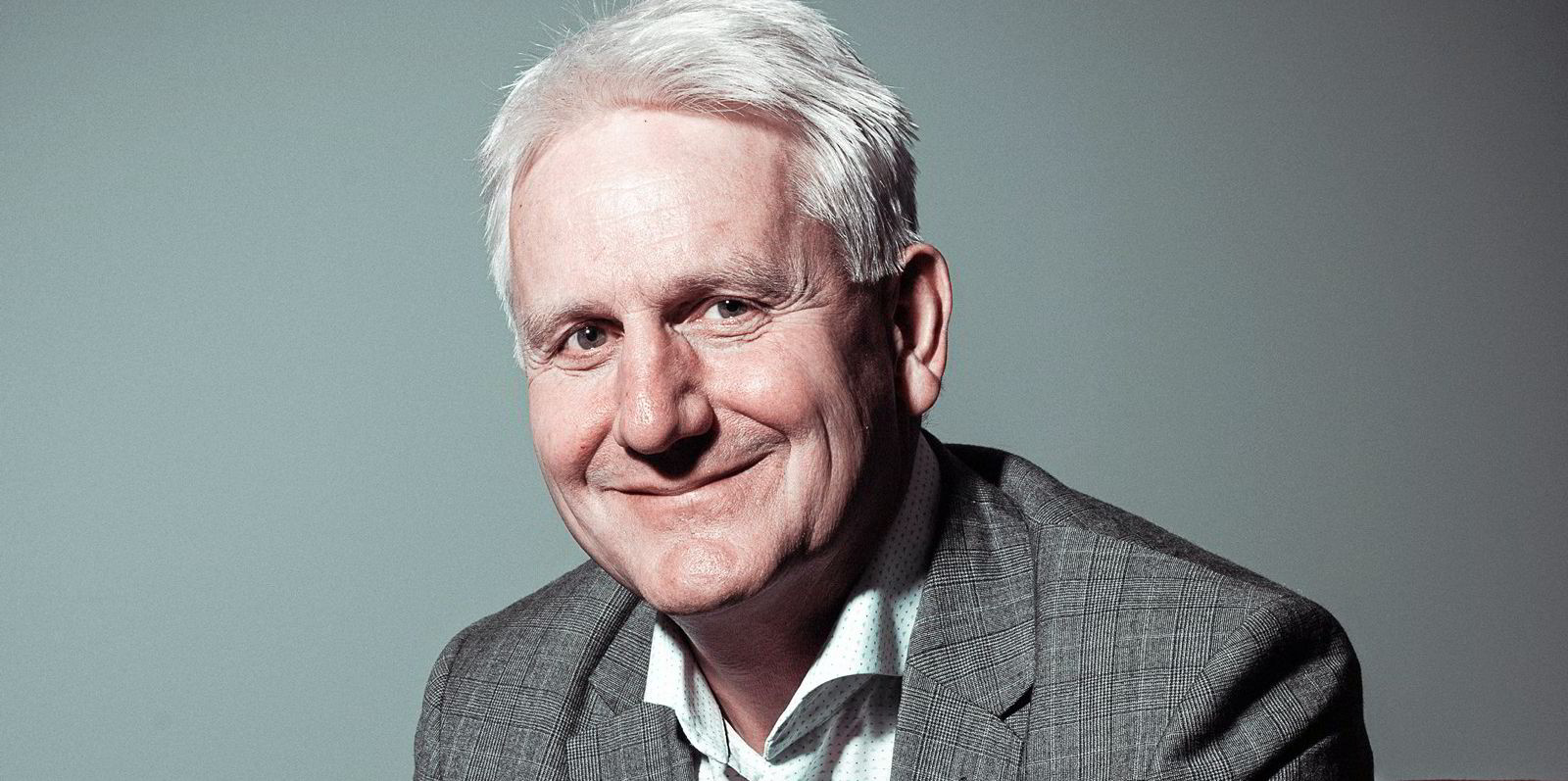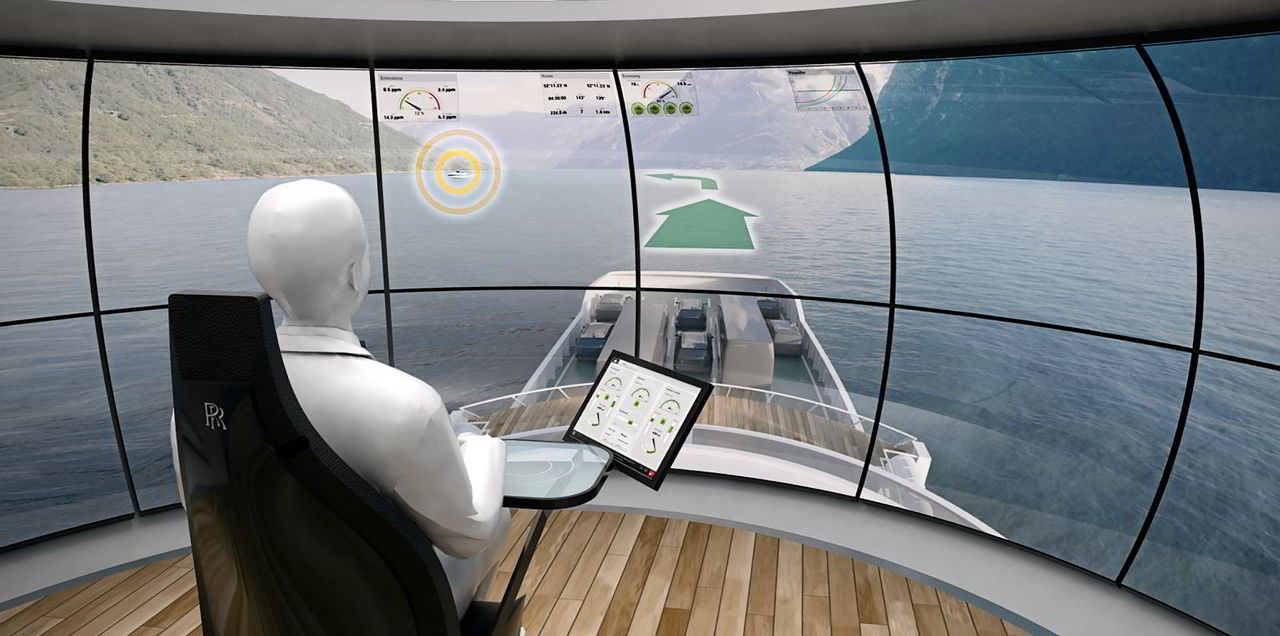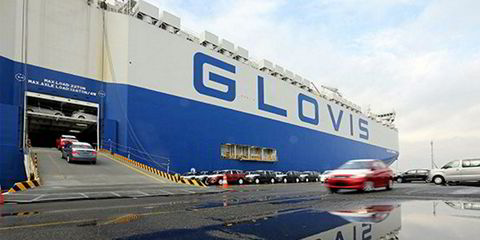We have been told throughout this tough year of uncertainty and global pandemic that we must prepare for the new normal — a changed existence in which the digital and the in-person collide and happily cohabit, and the old ways of doing things will change, whether for our overall betterment or not.
This new way of thinking has been fuelled by an explosion in digitalisation. The amount of time spent on daily Zoom calls has risen and we are now questioning why we will ever need to get on a flight again and travel hours to a meeting, when we can happily achieve everything we need to do online, sitting next to our cat in the kitchen.

But while we pat ourselves on the back for embracing the digital age when we did, the time has come for shipowners and managers to change from talking about technology and efficient algorithms, to enter the next phase and begin to harvest the benefits. Because the competitive edge of all of this is simple: survival.
Old-school monopoly
And when I say time to harvest, I mean it is time for the owners of the assets and the data to claim their position as part of a supply chain, and they need to be at the forefront of actions in that supply chain because of the pace of new technology and more connectivity.
Even more importantly, the sharing of data is clearly the start on the path to the future. This willingness to share each other’s data and shed the old-school “monopoly” thinking must happen, because in addition to always looking for improvements, we have a responsibility to the environment and to business in general.
The point I am making is that the future is already here, but making it work for you is what counts. We are beyond the beginnings of connectivity and technology, but machinery or systems vendors must realise that the consequence of a digitalised ship or a fully integrated ship is that you cannot expect to own the data yourself.
You need to share it. You need to embrace an independent approach rather than a monopolistic one. And you need to invest in your systems and the competence of your people to protect the security of your ship. That is crucial.
When the industry talks about shipping being part of a supply chain, it sees future stakeholders here as potentially disruptive — an Amazon or an Alibaba forcing change. But it all boils down to maturity. Shipping has long been behind the curve when it comes to the internet, but by integrating its operational input effectively and efficiently, it will have a larger role to play in a larger logistics chain.
Only 10 years ago, every ship was its own business with its own master as the “chief executive” to run his ship his way.
But it is clear that as a consequence of digitalisation, more and more decisions are being moved to the shoreside. An autonomous or very lightly manned ship is the final step in that development.
So, by being part of a true logistics chain — and that is where we are now — it’s all about developing more of a holistic view of what is developed and understanding what the data is useful for.
The industry needs to start moving the debate up a notch from deploying a digital strategy for reasons of competition to one of collaboration and survival.
Morten Lind-Olsen is chief executive of
maritime technology company Dualog
Do you have an opinion to share? Email: news@tradewindsnews.com








